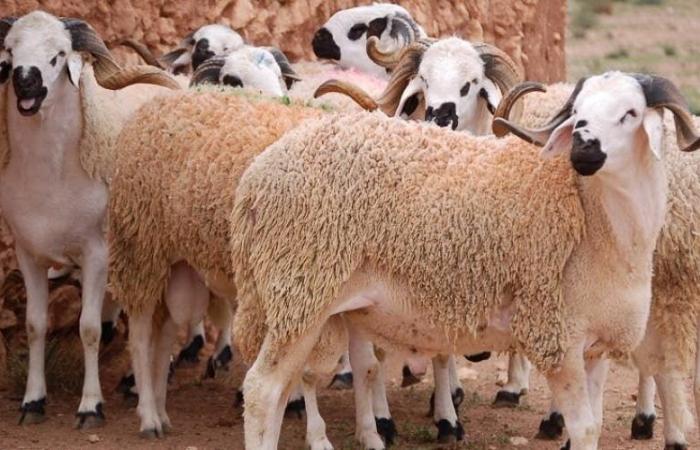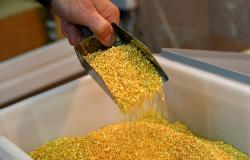This article was automatically translated from HIBAPRESS, the Arabic version:
Heba Press – Abdul Latif Baraka
The Kara region, in the province of Berrechid, southwest of Casablanca, is experiencing a notable deterioration in the health of sheep, a consequence of climate changes that have become more extreme in recent times.
Many farmers and ranchers have highlighted the increasing spread of diseases in their herds, which greatly affects the region’s agricultural productivity and income.
Climate change and its impact on sheep health
Climate change, particularly high temperatures and fluctuations in precipitation, are among the main factors negatively affecting animal health in several regions, including the Kara region.
With unprecedented high temperatures, sheep are becoming more susceptible to respiratory and digestive diseases, and the risks of contracting intestinal and skin parasitic infections are increasing.
Additionally, fluctuating rainy periods can lead to a lack of fertile pasture, which weakens sheep’s immune systems and increases their vulnerability to disease.
Common illnesses
Diseases that are increasingly appearing in the region include many cases linked to enteritis and malaria, as well as intestinal parasites transmitted by contaminated soil or plants.
Some breeders have also noted cases of bleeding and respiratory illnesses that may be due to excessive heat and lack of ventilation in some chicken coops.
The impact on the local economy
These diseases cause the death of many sheep, which negatively affects the local economy. A large number of families in Al-Kara rely on sheep farming as their main source of income, whether through the sale of meat or the production of milk. The decline in sheep numbers also leads to an increase in the cost of living for residents who depend on these agricultural activities.
Solutions and recommendations
To address these challenges, a number of measures must be taken to mitigate the impact of climate change on herd health. The most important of these procedures are:
Improving health care: the need to provide appropriate vaccines and treatments to prevent common diseases.
Modify husbandry methods: Prepare chicken coops based on climate variables, such as improving ventilation and constantly providing fresh water.
Changing grazing patterns: changing grazing methods to avoid pasture degradation and providing alternative feeds to ensure good animal health.
Awareness and training: The need to organize awareness campaigns for educators on how to adapt to climate change and how to prevent diseases.
Climate change seriously threatens the future of sheep farming in areas like Al-Kara in Berrechid. However, through cooperation between educators, experts and government agencies, these effects can be mitigated and help ensure the sustainability of this vital sector.






